Animals Asia: our cruelty-free journey
01 November 2016
Living a cruelty-free lifestyle is the ultimate step anyone can take to remove animals from cruelty – but we also know it isn’t easy. Here’s our story.
Autumn temperatures have descended on Animals Asia’s China Bear Rescue Centre, but the sanctuary kitchen is as hot as ever. This is where meals for over 50 staff – dedicated to caring for over a hundred bears – have been prepared daily since 2000.
But today, they have a very special guest. Chef Wang is behind Chengdu’s fashionable Jujubetree restaurant, a haven for animal lovers looking for a good meal.
He’s come to help Animals Asia’s chefs adjust to a new regime. From the beginning of September, the sanctuary canteen realised its long-term goal and became fully vegan.
It has been a long road that has required many culturally accepted norms to be overcome. Food is at the heart of all cultures, perhaps none more so than in China – famed for its cuisine and regional delicacies.
Ever since our canteen opened we have worked towards a cruelty-free goal. Vegetarian and vegan meals were added as an option as we continually took steps toward the vegan status we have accomplished today.
Chefs needed to be taught a whole new raft of recipes, while staff had to be convinced a vegan diet could be good for long-term health and give them enough energy to get physical tasks done. That took a lot of explaining and encouragement, so when we read of vegan athletes we passed that information on too.
The China sanctuary follows the Vietnam sanctuary – which has been vegan for quite some time. Both Vietnam and China have ancient traditions of vegetarianism, mostly linked to Buddhism. Now there is increased interest from young people who care about animal welfare and the environment.
Ethical dilemmas
The cruelty-free journey is as important as the destination in terms of continuous improvement. These include the ethical debates we face – just as those living vegan lives do.
For example, the life-saving and pain-relieving medications, which allow the bears at our sanctuaries to lead active lives are unlikely to be cruelty-free. We sympathise with vegan parents faced with this same dilemma when family members fall ill.
Working with the unconverted
We encourage steps to vegetarianism and veganism in employees, partners, supporters and the general public in the countries where we work. The products we source and sell are cruelty-free. This includes our partnership with the fantastic Miomojo.
But we cannot only preach to the converted. Today we are working with a Chinese coffee chain and have convinced them to provide a soy milk option. It is not a vegan coffee shop, but through them we reach the people who are on their own journey towards an animal-ethical lifestyle.
We won’t criticise individuals for where they are on the route to living a cruelty-free life. We suggest instead that people contemplate their own impact on animals and encourage them to make compassionate choices as best they can.
A model for change
We'll continue our own journey – and we’ll keep looking at all the options and the ethical debates we are faced with.
In terms of our canteens, we learned, advocated, built trust, and ultimately effected change.
That’s a pretty good model for transformation elsewhere, and one we can learn from in all our programmes.
BACK
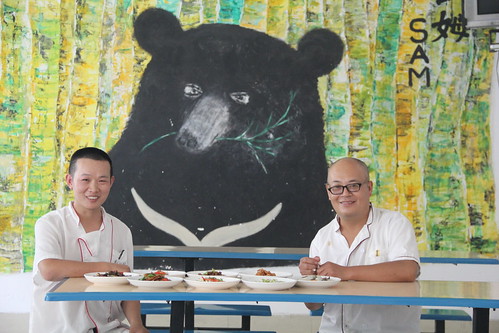
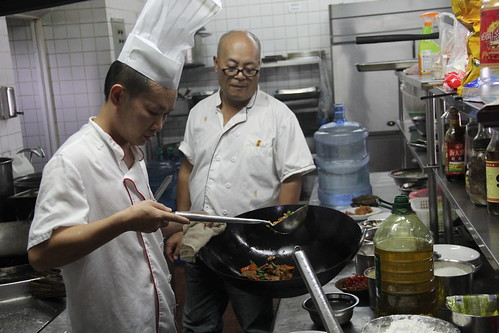
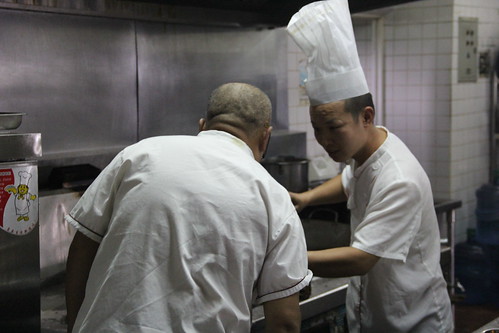
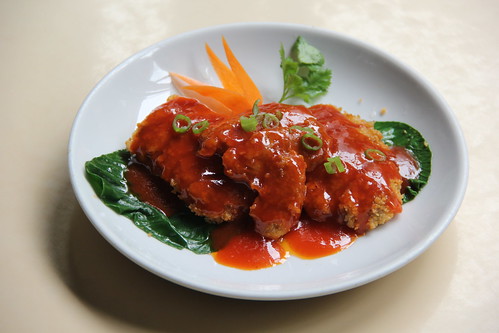
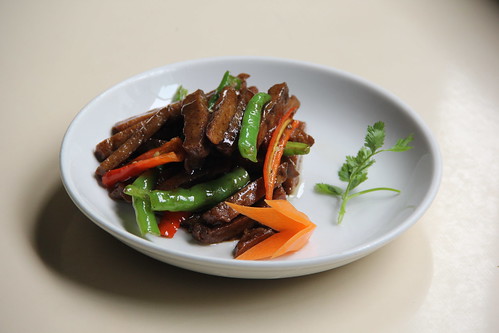
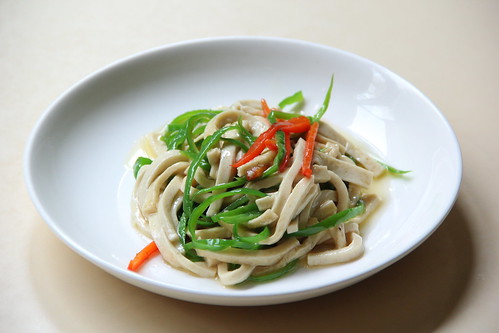
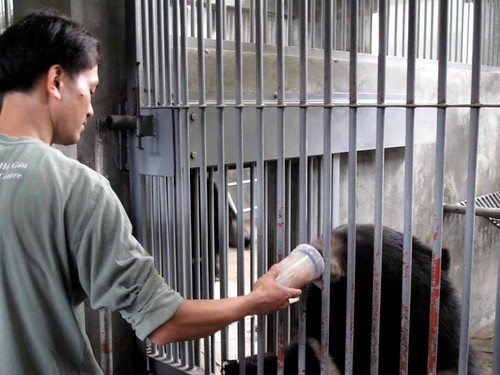
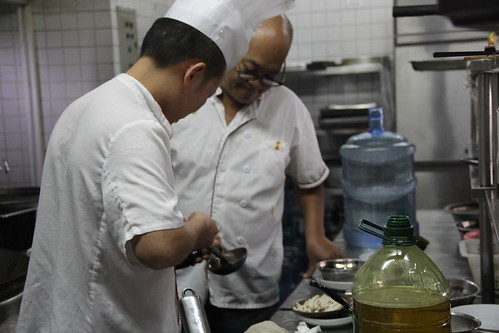
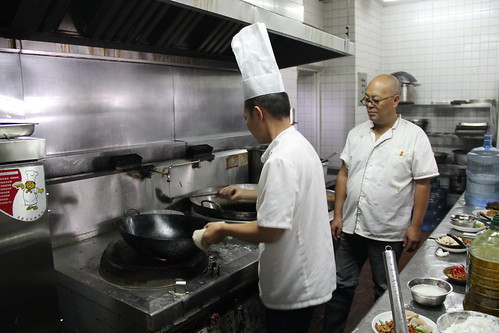
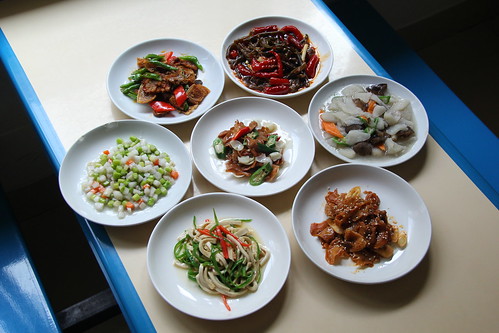




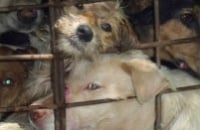 5 reasons the dog meat trade must end
5 reasons the dog meat trade must end
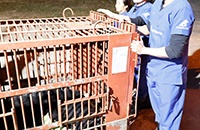 New year, new home for Christmas the Bear!
New year, new home for Christmas the Bear!
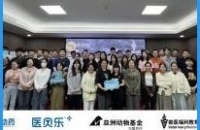 Veterinary welfare training – pain management
Veterinary welfare training – pain management